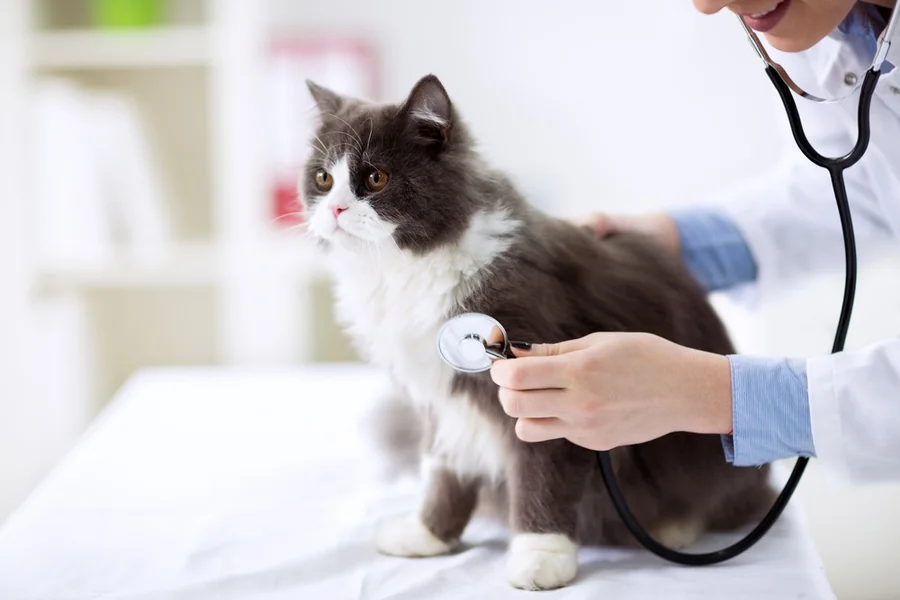Caring for your cat means knowing when it needs specialized help. Sometimes, regular vet visits aren’t enough. Recognizing signs early can make a significant difference in your cat’s health. You may wonder when it’s time to seek out a cat clinic in Calgary. There are clear signals that your cat needs specialized care. Acting quickly on these signs can prevent more serious issues. Understanding these signals shows your dedication to your cat’s well-being. This blog will guide you through the three signs it’s time for a visit to a specialized clinic. Each point will help you know when to take action. From changes in eating habits to difficulties in movement, these signs are crucial. Don’t wait for problems to worsen. Your cat depends on you for timely care. Identifying these signs empowers you to provide the best for your furry friend. Let’s explore these important indicators together.
Sign 1: Unusual Eating Habits
Changes in your cat’s eating habits can be a warning. Pay attention if your cat suddenly eats much more or less than usual. These changes can indicate underlying health issues. For example, increased appetite may signal hyperthyroidism. On the other hand, if your cat avoids food, it can point to dental issues or kidney disease. Regular consultation with a specialized clinic helps address these problems early. According to the American Veterinary Medical Association, monitoring eating habits is vital for early detection of diseases. Specialized clinics have the expertise to identify and treat complex conditions that regular vets might miss.
Sign 2: Difficulty in Movement
If your cat struggles to jump or move, it might suffer from joint pain or arthritis. These issues can cause severe discomfort and affect your cat’s quality of life. Specialized clinics offer advanced diagnostics and treatments that can ease pain and improve mobility. For instance, they might provide physical therapy or customized treatment plans. You can also find guidance from the Centers for Disease Control and Prevention on maintaining a healthy environment for your pet. This may include adjusting your home environment to help your cat move around comfortably. Early intervention can prevent the worsening of these conditions, ensuring your cat’s comfort.
Sign 3: Changes in Behavior
Behavioral changes often reflect health issues. Does your cat hide more often or become unusually aggressive? These behaviors could indicate stress or pain. Specialized clinics have the resources and expertise to diagnose behavioral problems. They can determine whether these changes stem from physical ailments or environmental factors. Understanding your cat’s behavior helps you provide appropriate care and support. Addressing these changes promptly prevents future complications and ensures your cat’s well-being.
Table: Common Signs and Corresponding Conditions
| Sign | Possible Condition |
|---|---|
| Increased Appetite | Hyperthyroidism |
| Decreased Appetite | Dental Issues, Kidney Disease |
| Difficulty Jumping | Arthritis, Joint Pain |
| Hiding More Often | Stress, Pain |
| Aggression | Stress, Pain, Anxiety |
Conclusion: Advocate for Your Cat’s Health
Your role as a pet owner involves recognizing when your cat needs specialized care. Promptly addressing signs like unusual eating habits, movement difficulties, and behavioral changes can lead to better outcomes. Specialized clinics provide targeted treatments and advanced care that general practitioners may not offer. By understanding these signs and taking swift action, you ensure that your cat receives the best possible care. This commitment to your pet’s health reflects your dedication and empathy. Remember, your cat relies on you for health and happiness. Keep these signs in mind and take proactive steps to protect your cat’s well-being.







